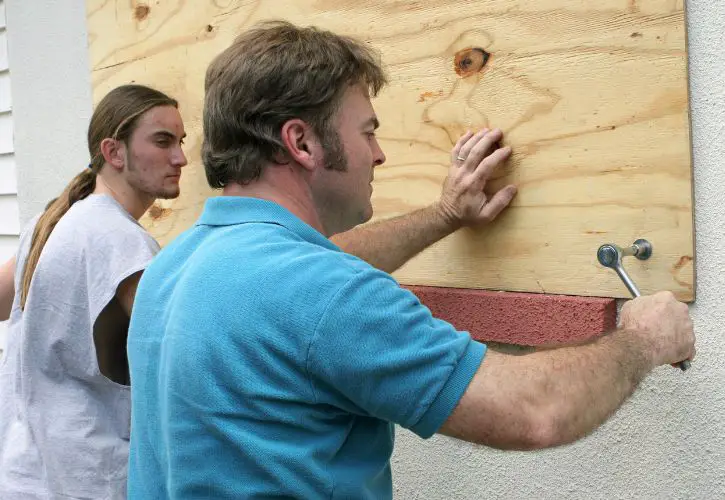Table of Contents
Natural disasters can strike at any moment, catching us off guard and leaving devastation in their wake. It’s essential to take actionable steps to safeguard your home and family against such hazards. Here are several practical tips to prepare your home for a natural disaster and ensure your loved ones’ safety.
Purchase a Whole-Home Generator
Having a backup source of electricity like a whole-home generator is a lifesaver when your home loses power during a bad storm. Make sure the generator can support all essential appliances, such as refrigerators, lights, and heating or cooling systems.
By doing so, you ensure the comfort and security of your household during times of crisis. Make sure you research how to choose a standby generator for your house so that you know what features you will need.
Make Sure You Have Enough Essential Supplies
Stocking up on essential items to help you and your family endure tough times is another good strategy for preparing your home for a natural disaster. These essentials include non-perishable food, water, medicine, first-aid supplies, flashlights, batteries, and blankets. Create a designated space to store these items securely and regularly update your supply to avoid expired or spoiled goods.
Buy Wind-Resistant Windows and Doors
If you want to prevent damage to your doors and windows during a natural disaster, consider installing wind-resistant windows and doors. These sturdy installations feature tempered glass and reinforced frames, which provide improved security against debris and impact during high-wind events. In addition, such enhancements can lower your insurance premiums, making these upgrades cost-effective in the long run.
Find Out How To Turn Off Your Utilities
It’s essential to know how to turn off your utilities during emergencies. Shutting off your gas supply can prevent gas leaks and explosions, while turning off the water can stop contamination caused by overflowing sewage or flooding.
Furthermore, shutting off your electricity can prevent fires and explosions. Familiarize yourself with the locations and procedures for turning off these utilities and educate your family members on how to do the same.
Develop an Emergency Plan With Your Family
Having an emergency plan in place is crucial. Sit down with your family and establish an evacuation route, a meeting point, and a communication strategy in case disaster strikes. Ensure everyone knows what to do, where to go, and how to stay in touch amid chaos. You’ll be thankful you did.
Implementing these steps can significantly improve your home’s resilience against natural disasters and better equip your family to handle such challenging situations. By following these tips, you will do a better job of safeguarding your loved ones and your property.

